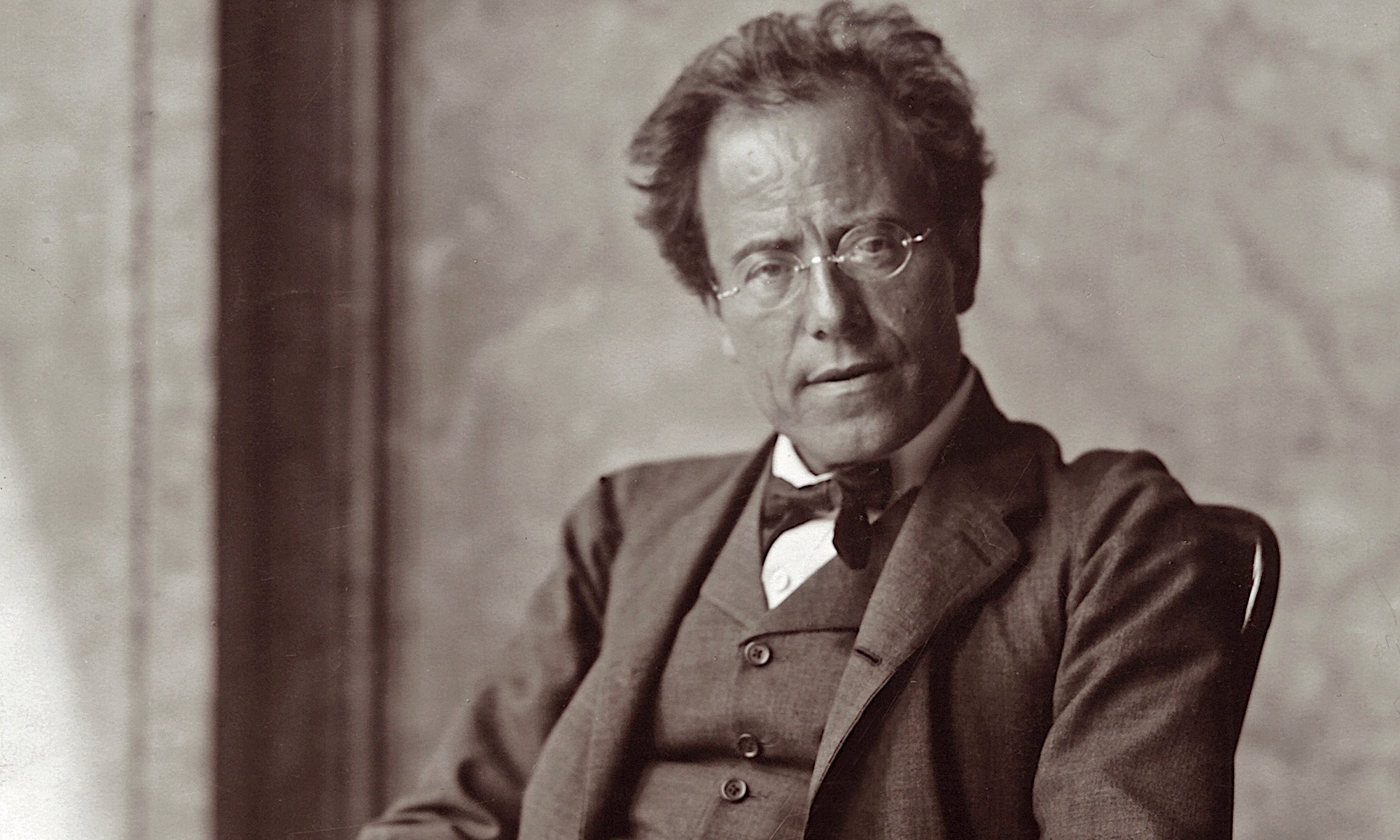No photo.
- Profession: Pianist.
- Relation to Mahler: Worked with Gustav Mahler.
- Correspondence with Mahler:
- Born: 13-05-1868 Trieste, Italy.
- Died: 06-07-1955 New York, America. Aged 87.
- Buried: Unknown.
Gallico studied at the Vienna Conservatory, where he was a pupil of Anton Bruckner (composition) and Julius Epstein (piano). After establishing a reputation in Europe as a pianist, he came to America in 1892 where he bccame a much-rcspectcd soloist and tcachcr of piano, composition, and orchestration. Frederick Jacobi and Jerome Kern were two of his pupils.
Gallico’s principal work is the dramatic oratorio The Apocalypse for six soloists, chorus, and orchestra. In 1921 it was awarded a prize of $500 from the National Federation of Music Clubs. For orchestra he wrote Euphorion (1922); Rhapsodic Mondiale (1927); and Rhapsodie Montereyan (1929). The Septet for piano, horn, string quartet, and contralto (1924) and a Piano Quintet (1936) were once widely performed. Gallico composed a three-act lyric opera. Harlequin, produced in 1926. The writer Paul Gallico was his son.
New York Times in 1902: Mr. Paolo Gallico, a local pianist of excellent repute, gave a recital yesterday afternoon at Mendelssohn Hall. His programme consisted of the following numbers: Weber’s sonata, opus 24; Beethoven’s A major variations; Schumann’s “Papillons,” a Schumann caprice on a Paganini theme; two preludes, and the fantasia, opus 49, of Chopin; Louis Saar’s ballade, opus 18, No. 1, D minor; his own “Suite Mignonne,” an etude by Nowakowsky, and Rubinstein’s “Valse Allemagne.”



